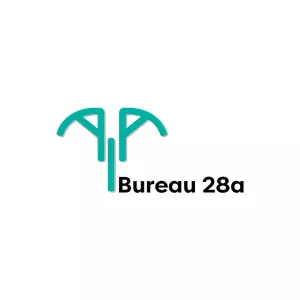Law No. 781-VIQ, On Combating Legalization of Criminally Obtained Property and Financing Terrorism, dated 30 December 2022, is promulgated on 31 January 2023. Except for the obligation to report electronic transfer of funds exceeding the threshold to be determined by the Financial Monitoring Service, the new Anti-Money Laundering (AML) and Countering Financing of Terrorism (CFT) Law takes effect as of 1 February 2023. The new Law replaces Law No. 767-IIIQ of 10 February 2009, On Combating Legalization of Criminally Obtained Funds and Other Property and Financing Terrorism.
The new AML and CFT Law lists the following as financial institutions:
- credit institutions
- local and foreign insurers, reinsurers and insurance intermediaries offering life insurance
- investment companies
- investment funds, their managers
- representations of foreign investment funds
- central depository
- national operator of postal service
- pawnbrokers
- persons offering financial leasing
- virtual asset service providers
- persons licensed for money and currency changing
The following are the listed non-financial institutions (businesses) and professions:
- real estate agents
- advocates
- notaries
- independent professionals providing legal, accounting, and tax advisory services, branch and representative offices of foreign entity professionals
Both the financial institutions and non-financial businesses and professions are the responsible (reporting) persons under the new AML and CFT Law.
Consistent with the International Standards on Combating Money Laundering and Financing of Terrorism and Proliferation, Law No. 782-VIQ, On Targeted Financial Sanctions, has come into effect. As the new AML and CFT Law, the Targeted Financial Sanctions (TFS) Law is dated 30 December 2022 and promulgated on 31 January with effect 1 February 2023.
To give further effect to the new AML and CFT legislation, amendments are made to the Codes of Civil and Criminal Procedure. The Code of Civil Procedure no longer includes the procedure for a filing to freeze assets used to finance terrorism, which is now a part of the TFS Law. The Code of Criminal Procedure now includes procedures for inclusion in the country's list of individuals and institutions subject to sanctions under the framework of combating terrorism and financing terrorism.
As a part of the overhaul, technical and substantive revisions have been made to the Criminal and Housing Codes, Code of Administrative Violations and Laws of Currency Regulation, State Registration and State Register of Entities, Banks, Insuring, Investment Funds, Securities Market, and Cashless Settlements.
The new AML and CFT Law defines high risk areas (conflict zones) as jurisdictions and areas lacking an adequate AML/CFT system assessed by reputable AML and CFT sources, supporting armed separatism, extremism, mercenarism, and terrorism, not requiring upon financial transacting disclosure of identification information or documents, and subject to sanctions and similar measures imposed by international organizations.
Resolution No. 64, dated 20 February 2023, of the Cabinet of Ministers provides for the restrictions and special measures that can be implemented by the Financial Monitoring Service and responsible persons, such as special KYC reviews, denying license, and restricting business and financial transactions, in relation to high-risk zones.
On 28 February, the President of the Republic approved the National AML and CFT Action Plan for the years 2023-25.
Originally published February 2023.
The content of this article is intended to provide a general guide to the subject matter. Specialist advice should be sought about your specific circumstances.

